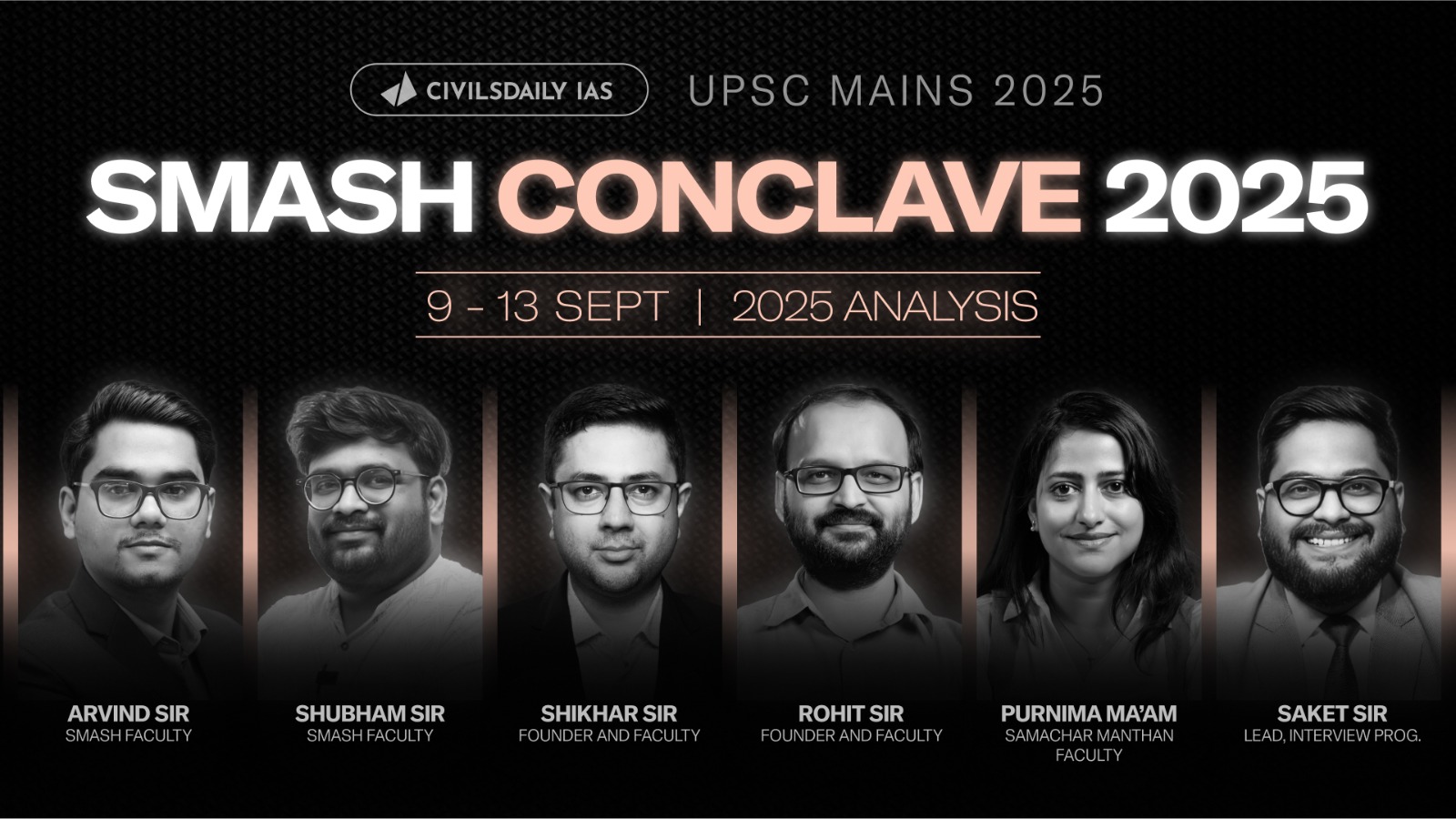Supreme Court takes freedom of speech to the Net by striking down much abused Section 66A. The apex court has reaffirmed the importance of free speech.
Do you remember? It is the same provision which became famous following the arrest of two girls for posting content against the bandh called for Bal Thackeray’s death. Since then, several arrests have been made by different State police.
The provisions were challenged in Supreme Court by a law student, and the case came to be known as – Shreya Singhal vs Union of India 2015.
What are the provisions of Information Technology Act, 2000?
- It regulates the use of internet including the message service, social media, etc.
- It creates separate offences for the misuse of internet & prescribes higher punishment for similar offences committed in print/electronic media.
For Example –- Sec 66A made defamation as cognizable offence with a punishment of not more than 3 years with/without fine. <But, same offence is a non-cognizable offence under IPC>
- Sec 67A of IT Act, confers a punishment that may range from 5-10 years of imprisonment with 1-2 lakh fine, for transmitting the obscene or vulgar offences across internet.< A similar offence would attract lesser punishment under IPC>
- Sec 69A provided power to govt. to issue directions to block public access of any information through any computer source.
Why Section 66A was challenged?
- Section 66A had extremely wide parameters, which allow whimsical interpretations by law enforcement agencies.
- There was no clarity over terms like offensive, grossly menacing, causing annoyance, etc opening it to many interpretations.
- It outlawed all political satire, cartoons, caricatures and spoof writing indirectly.
What was Govt. of India’s stand to protect Section 66A?
- The Section 66A of the IT Act acts as a necessary deterrent against publishing or writing “objectionable” or “grossly offensive” contents in cyberspace.
- The provision is essential for controlling inflammatory content provoking violence.
- The Centre failed to impress the bench, by assuring that it will be administered in a reasonable manner.
How Section 66A was in conflict with Fundamental Rights?
It violated the freedom of speech and expression given under Article 19 (1)(a).
ISP argued that it even violated right to equality given under Art. 14, as separate offences cannot be created for people using internet. < However, SC rejected this opinion, because there is clear intelligible difference between internet and other medium of communication. Can you imagine, what is the difference, please post in the comments box>
What was court’s judgment in Shreya Singhal vs Union of India Case?
- SC held that Sec 66A is unconstitutional and void on the ground that it was excessively vague, open-ended and undefined.
- It did not give clear direction, either to the users of internet or to the law enforcement agencies on what acts performed on internet would amount to defamation.
- Court held that vagueness of Sec 66A, took away the freedom of speech and the right to descent. It had a intimidating effect on free speech.
Why scrapping Section 66A may not be in India’s best interests?
- Some experts argue that India’s IT Act provides legal remedies for a just a handful of cyber crimes & many have been left out.
- The new kinds of cyber crimes are emerging on a daily basis, which was facilitated by the vagueness of Sec 66A.
- The ruling will only mean several steps backwards for the govt. and the country on this aspect.
- However, it maybe very difficult to prove instances of cyber stalking, bullying or annoyance by applying provisions of the non-Internet world. < These activities are easily facilitated by the instant nature of the Internet>
Why did SC upheld Section 69A of the IT Act?
- SC upheld the constitutional validity of section 69A, which is exercised by govt. to issue directions to block an internet site.
- Although, reasons for blocking have to be recorded in writing, which would be amenable to judicial scrutiny.
- Powers under section 69A comes under ‘reasonable’ restriction as expressed in article 19(2) and thus it is legal.
Published with inputs from Pushpendra

